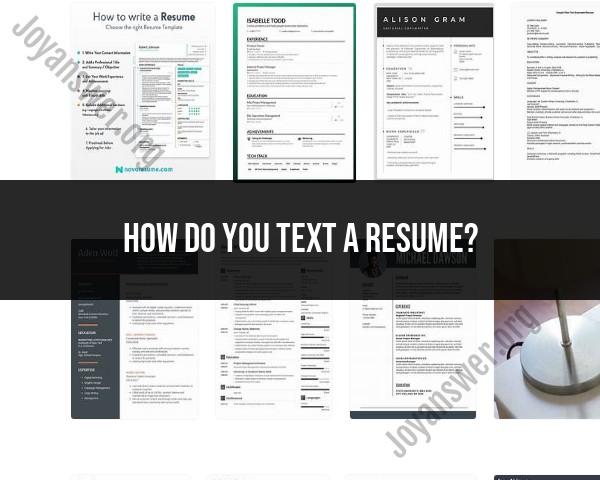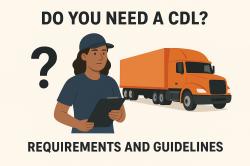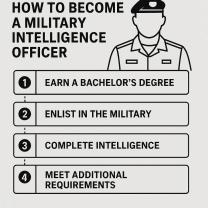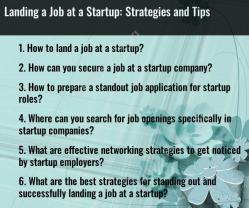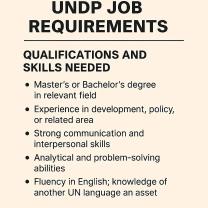How do you text a resume?
Texting a resume is not a common or recommended practice in professional settings. Resumes are typically submitted through formal channels, such as email or online application systems. However, if a potential employer requests your resume via text or if you're in a situation where text submission is necessary, here are some dos and don'ts:
Dos:
Ask for Permission:
- Before sending your resume via text, ask the recipient if it's acceptable to send application materials through that channel.
Use a Professional Tone:
- Keep your language professional and formal. Avoid using casual or slang expressions.
Check for Formatting Issues:
- Ensure that your resume retains its formatting when sent via text. Use a plain text format if necessary.
Provide a Short Introduction:
- Begin your text with a brief introduction, stating your name, the position you're applying for, and the purpose of the text.
Use a Link or Attachment:
- If possible, include a link to your online portfolio, LinkedIn profile, or attach a PDF version of your resume. This maintains the professional format.
Follow Up:
- After sending the text, follow up with a formal email containing your application materials. This ensures that the recipient has a more readable and comprehensive version.
Don'ts:
Avoid Abbreviations and Emoticons:
- Keep the text professional by avoiding abbreviations, acronyms, and emoticons.
Don't Rely Solely on Text:
- If your resume contains detailed information, don't rely solely on a text message. It's better to provide a link to your online resume or attach a document.
Limit Content:
- Due to character limitations in text messages, avoid sending lengthy or detailed content. Stick to essential information and direct the recipient to your complete resume.
Skip Proofreading:
- Just like with any professional communication, proofread your text for errors before sending it.
Don't Assume Texting is Preferred:
- Unless explicitly stated by the employer or recruiter, don't assume that texting is the preferred method for submitting resumes. Always default to more traditional channels if in doubt.
Avoid Unannounced Attachments:
- If you're sending your resume as an attachment, let the recipient know in advance and confirm their willingness to receive attachments via text.
Remember, while texting is widely used for casual communication, job applications and resumes are typically handled through more formal channels to ensure a professional presentation. Always prioritize the employer's preferred method of receiving application materials.
What is the proper way to send a resume via text?
While sending a resume via text isn't the most traditional method, it can be appropriate in certain situations. However, it's important to do it right to avoid appearing unprofessional. Here's how to properly send a resume via text:
1. Context is crucial: Sending a resume via text is only appropriate in specific situations, such as:* Following up on a casual conversation: If you've been in direct contact with a hiring manager through text (e.g., at a career fair), and they specifically invited you to send your resume this way, then it's okay.* Small companies or startups: Some smaller companies or startups might have less formal communication cultures and accept text applications.* Urgency and convenience: If time is of the essence and you have the hiring manager's consent, texting the resume might be acceptable.
2. Get permission first: Always ask the hiring manager if it's okay to send your resume via text before doing so. Don't assume they prefer this method.
3. Keep it concise: Don't send the entire resume document via text. Instead, use a link to a cloud-based resume (e.g., Google Drive, Dropbox) or a plain text resume snippet highlighting your key qualifications and contact information.
4. Professionalism matters: Even if sending via text is okay, maintain professionalism. Proofread your message carefully and avoid slang or emojis.
5. Consider alternatives: In most cases, emailing your resume remains the preferred and most professional method. It allows for a more formal format and attachments like cover letters.
Additional tips:
- If unsure, err on the side of caution. If you're unsure whether texting your resume is appropriate, simply ask the hiring manager for their preferred method.
- Be responsive. If you send your resume via text, be prompt in answering any follow-up questions or requests for additional information.
Remember, professionalism is key when presenting yourself in the job market. While sending a resume via text can be acceptable in certain situations, always prioritize clarity, professionalism, and the hiring manager's preferences.
I hope this helps!
